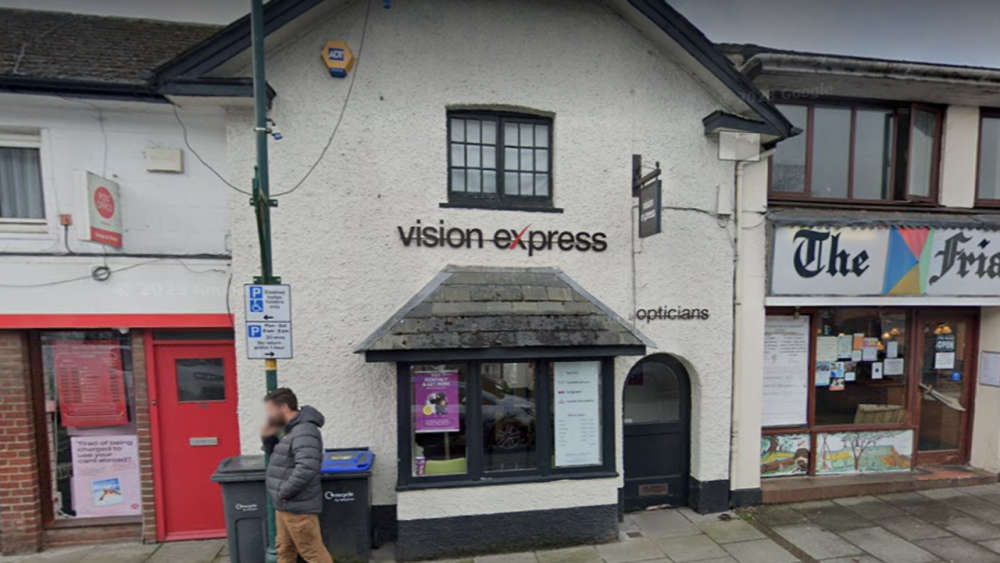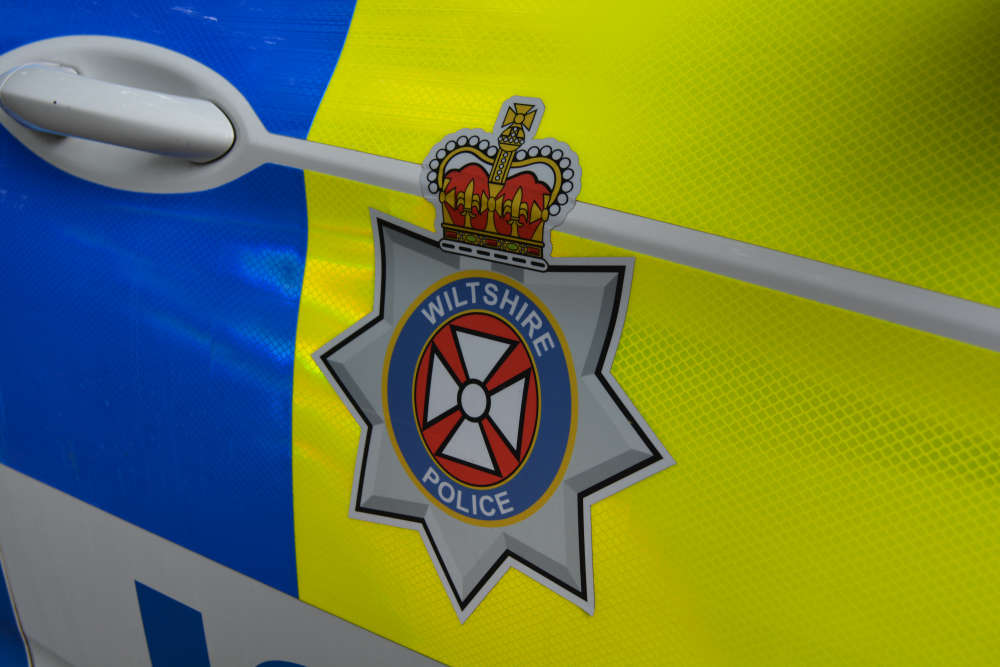Ready Spready Go, Usain Salt, Grittersaurus and the rest of Wiltshire’s 24-strong gritter fleet will be seen out and about on Wiltshire’s roads in the coming winter months as Wiltshire Council readies its highways teams for the colder weather.
The council has already completed its test runs throughout the county to ensure all equipment is working and ready for action and to allow crews to familiarise themselves with the routes.
Last winter, the crews were deployed 81 times and distributed 7,836 tonnes of salt, with 59,130 miles of roads treated. Equipment is usually deployed when the road temperatures require them, with salting taking place whenever road temperatures are near freezing.
Salt is usually used on roads after the evening peak of traffic or before the morning rush, as late evening and early morning are the most likely times that frost and ice affect road surfaces. When the weather is below zero, the council focuses on its A and B roads, while other roads are only treated during prolonged periods of cold weather.
Cllr Caroline Thomas, Cabinet Member for Transport and Street Scene, said: “Our dedicated winter maintenance teams brave all weathers to help keep residents and road users safe, and our fleet of 24 gritters is on standby and strategically placed in depots around Wiltshire.
“As part of our business plan commitment to provide well-connected communities, carrying out test runs and ensuring we are ready for winter is vitally important to ensure that everything will run smoothly whenever the cold weather arrives.”
The council has 12,000 tonnes of salt in stock, placed throughout the county in six storage sites. Weather stations positioned in key areas across the county will closely monitor the weather 24/7, providing real-time information to help engineers produce accurate forecasts and ensuring that gritters are sent out at the right time.
On average, it can take up to 140 tonnes of salt to grit Wiltshire's A and B-class roads and 230 tonnes to salt an extended list of roads during prolonged cold weather. A single precautionary treatment will cost, on average, £21,000.
People are encouraged to take care when the roads may be icy or in severe weather, firstly considering whether a journey is necessary and, if so, driving to the conditions of the road.
During the winter, roads are treated in order of priority and dependent on conditions, and people are urged not to assume that a road has been gritted, as many of the minor roads will receive no treatment.
The council only treats footways (including pavements, cycle routes and cycleways) in times of persistent ice or snow, focusing on footways with high pedestrian usage. It maintains over 1,600 salt bins located throughout the county, which are available for both residents and the travelling public for use on public roads and footpaths.
During winter, people can get regular updates on the weather and road conditions by following @wiltscouncil.
People can report any winter road or salt bin issues under the weather emergency section of the MyWilts online reporting service.

 Multiple Pairs of Sunglasses stolen from Amesbury shop
Multiple Pairs of Sunglasses stolen from Amesbury shop
 Salisbury woman to run marathon in honour of dad who survived tumour the size of a rugby ball
Salisbury woman to run marathon in honour of dad who survived tumour the size of a rugby ball
 Salisbury District Hospital tops national survey
Salisbury District Hospital tops national survey
 Man jailed for 28 months following stabbing in Amesbury
Man jailed for 28 months following stabbing in Amesbury
 City Council announces plans for Armed Forces Day
City Council announces plans for Armed Forces Day
 Highest Score Arcade Announces Exciting Easter Events For All Ages
Highest Score Arcade Announces Exciting Easter Events For All Ages
 Man charged with attempted murder following serious crash in Salisbury
Man charged with attempted murder following serious crash in Salisbury
 Police looking for pair after attempted burglary on Catherine Street
Police looking for pair after attempted burglary on Catherine Street










